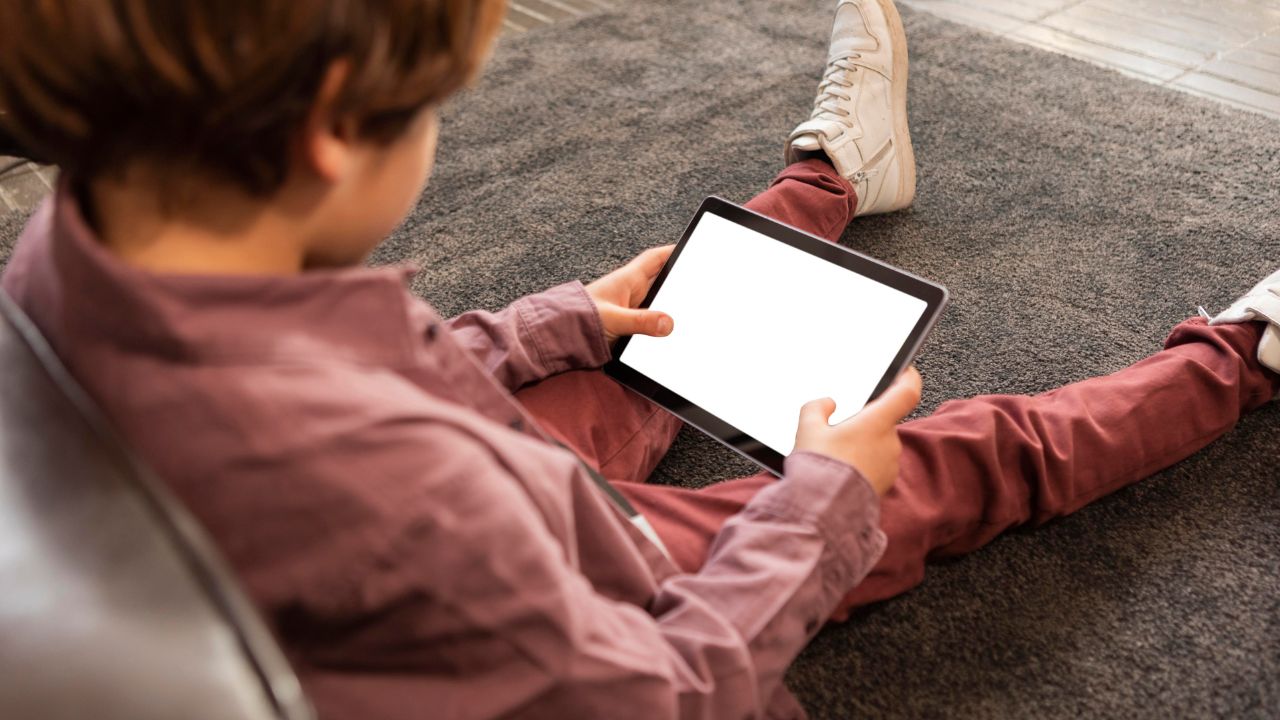 English
English

Teens today live their lives through in screens and distractions all packed into a small device. While technology offers many benefits, excessive screen time can impact their mental health.

Teens are spending more time in front of screens (Img: freepik)
New Delhi: That device in your teen's hand, barely bigger than a juice box, holds his entire world. Friends, passions, dreams, distractions, everything resides in that glowing rectangle. Research suggests we should be concerned about these habits of teens.
Recent studies and media reports link excessive screen use to a diminished quality of life for our teens. In mental health studies said that he digital shift reshape young minds in profound ways.
For many families, screen time has become a daily standoff. But what if we’re waging the wrong battle? What if the win was teaching wisdom, so teens can choose well even when we’re not there to watch?
Picture this, Every "like" and level-up sends a tiny firework of dopamine through your teen's brain. This reward chemical is nature's way of saying "do that again!" So they scroll, swipe, tap, repeat.
The teenage brain is primed for this loop. The reward system is running at full speed, while their decision-making “GPS” (prefrontal cortex) is still loading. Each gaming reward and viral clip trains the brain to seek more of these quick highs and less of the slower, deeper satisfactions: real conversations, time outdoors, or creating something with their hands.

Teens are spending more time in front of screens (Img: freepik)
Mental Health Expert Prakriti Poddar says the fallout can be serious. Sleep disruption, rising anxiety, shrinking self-esteem, and social withdrawal can quietly erode a teen’s wellbeing.
These effects often start with something as simple as late-night scrolling. Blue light delays melatonin, the hormone that tells the body it’s time to sleep. Less rest means cloudier judgment, lower focus, and more mood swings. And when offline activities like building, sketching, or daydreaming disappear, so do the benefits they bring: patience, problem-solving, and the ability to think deeply.
Screens aren’t going away, and the answer isn’t to ban them altogether. What teens need most are healthy tech habits, and parents can help them get there. The good news is we have tools from neuroscience and behavioural science to guide us.
Used mindfully, technology can be a powerful in a teen’s growth. It can spark curiosity, build confidence, and open doors to knowledge and perspectives beyond their immediate world. It can even be a gateway to healthy habits and life skills. With guidance and intention, screens won’t distract teens from their potential but help them unlock it.